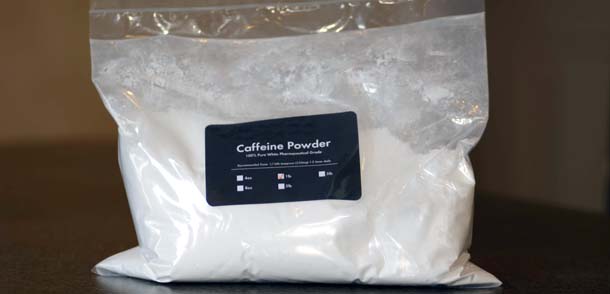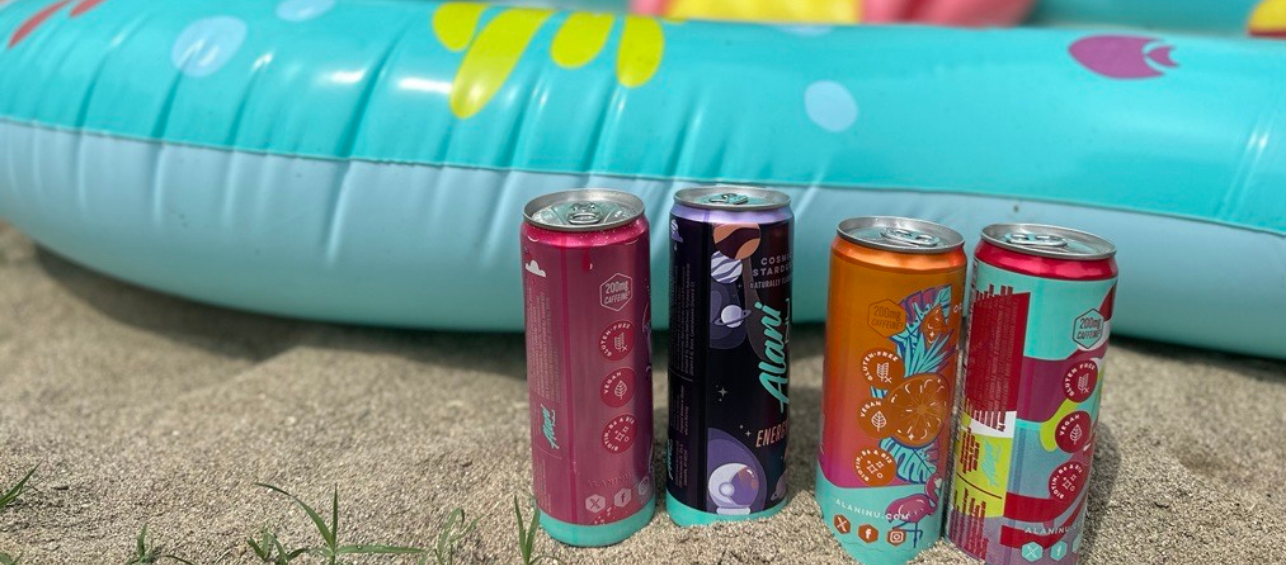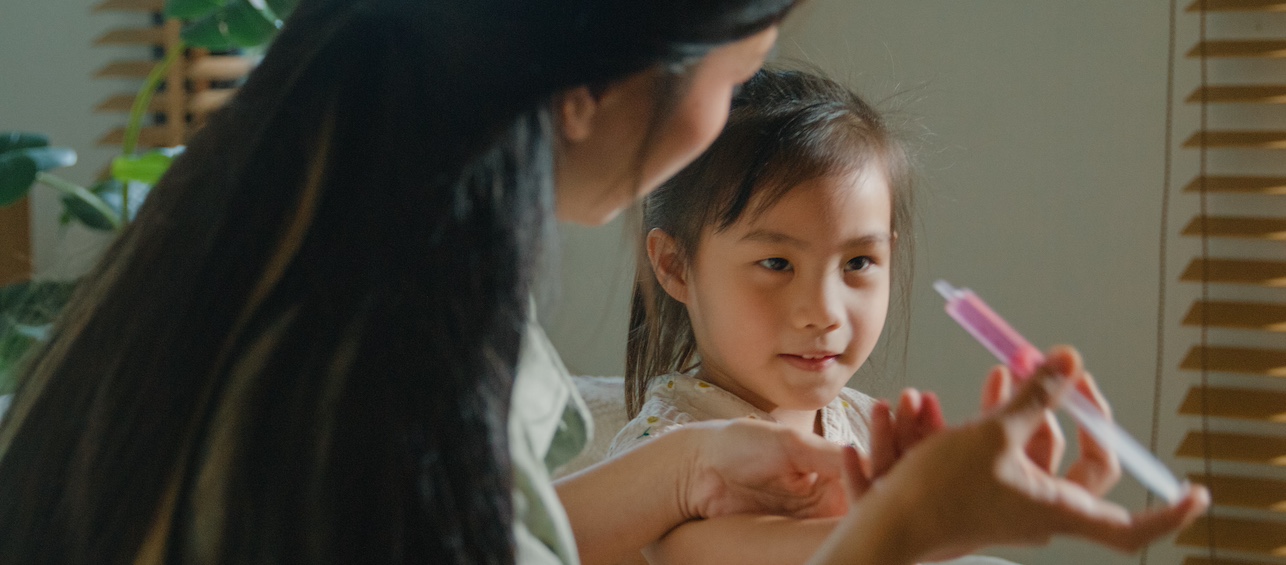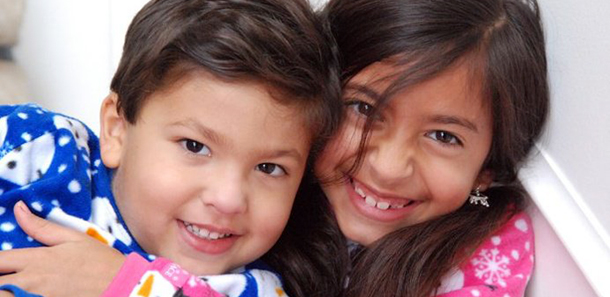For many parents the morning starts with a good cup of coffee. Most of us are probably aware that caffeine can be found in some plants and is widely used in food, drinks, and over the counter and prescription products.
But just because caffeine is naturally occurring, legal and commonly used, does not mean it is completely safe – the dose determines the harm. Whether in the form of a pill, 5-hr energy drink, coffee, tea, soda or powder, it is important to remember that caffeine is a drug and has side effects.
On the most concerning end of the spectrum is caffeine powder, which has made the news recently. It is relatively cheap to order online in bulk and is not regulated by the Food and Drug Administration (FDA).
Caffeine powder contains pure, 100% caffeine and is marketed as an energy enhancer that can be sprinkled on food or mixed with liquids. Since it is highly concentrated, some powders come with a tool to measure a serving size as small as 1/16 teaspoon (while others don’t). That tiny amount could provide approximately 100 mg of caffeine, almost as much as an 8 ounce cup of coffee!
If an adolescent mistakenly uses a kitchen spoon instead, he or she would ingest the equivalent of 20-30 cups of coffee, which would be considered a medical emergency.
At the Cincinnati Drug and Poison Information Center, we have started to receive calls about caffeine powder. This raises safety concerns as both intentional and unintentional ingestion of caffeine in children, can cause an increased heart rate, nausea, vomiting, jitteriness, sleep problems, and in the most extreme cases, abnormal heart rhythms, seizures and even death.
Regardless of the form, caffeine in children and adolescents should be limited. Over the past several years, caffeine use by teens and especially athletes has increased. Instead of simply rehydrating, some athletes are getting a large dose of caffeine and other stimulants with energy drinks. These beverages contain high levels of caffeine and may contain other sources of caffeine that are not regulated by the FDA, such as guarana, kola nut, yerba mate and more.
So how much caffeine is too much? The American Academy of Pediatrics recommends limiting caffeine as much as possible from foods and beverages for adolescents and avoiding it all together in children.
Here are a few drinks with their associated caffeine levels for reference:
Plain, brewed coffee 8 oz. = 135 mg
Espresso 1 oz. = 30-50 mg
Black tea 8 oz. = 40-70 mg
Soft drinks 12 oz. = 22-55 mg
Energy drinks 8 oz. = 75-80 mg
Bittersweet chocolate 1 oz. = 5-35 mg
Because caffeine powder is so concerning, the FDA is currently considering taking regulatory action on the product. Until then, they encourage everyone to avoid using it and report any adverse effects to caffeinated products by calling them at (240) 402-2405 or emailing them at CAERS@cfsan.fda.gov.
So how do you talk to your children about caffeine and caffeine powder? I recommend having an open conversation about it, and asking them why they feel they need it. If it’s due to tiredness, more sleep really is the answer, not caffeine. Older children and adolescents might benefit from an earlier bedtime and avoiding screen time an hour before bedtime to help them fall asleep earlier in the night.
And if it’s for sports enhancement, water is the best source for hydration as energy drinks contain more caffeine than an adolescent athlete should consume.
If you suspect that your child has ingested too much caffeine, please do not hesitate to contact your Drug and Poison Information Center at (800) 222-1222. We are available to help 24/7.






Great post.
Many schools and colleges offer coffee as a part of their menu in middle school instead of keeping themselves restricted to milk and shakes.
Here are some Health Risks Associated With Kids Consuming Caffeine.